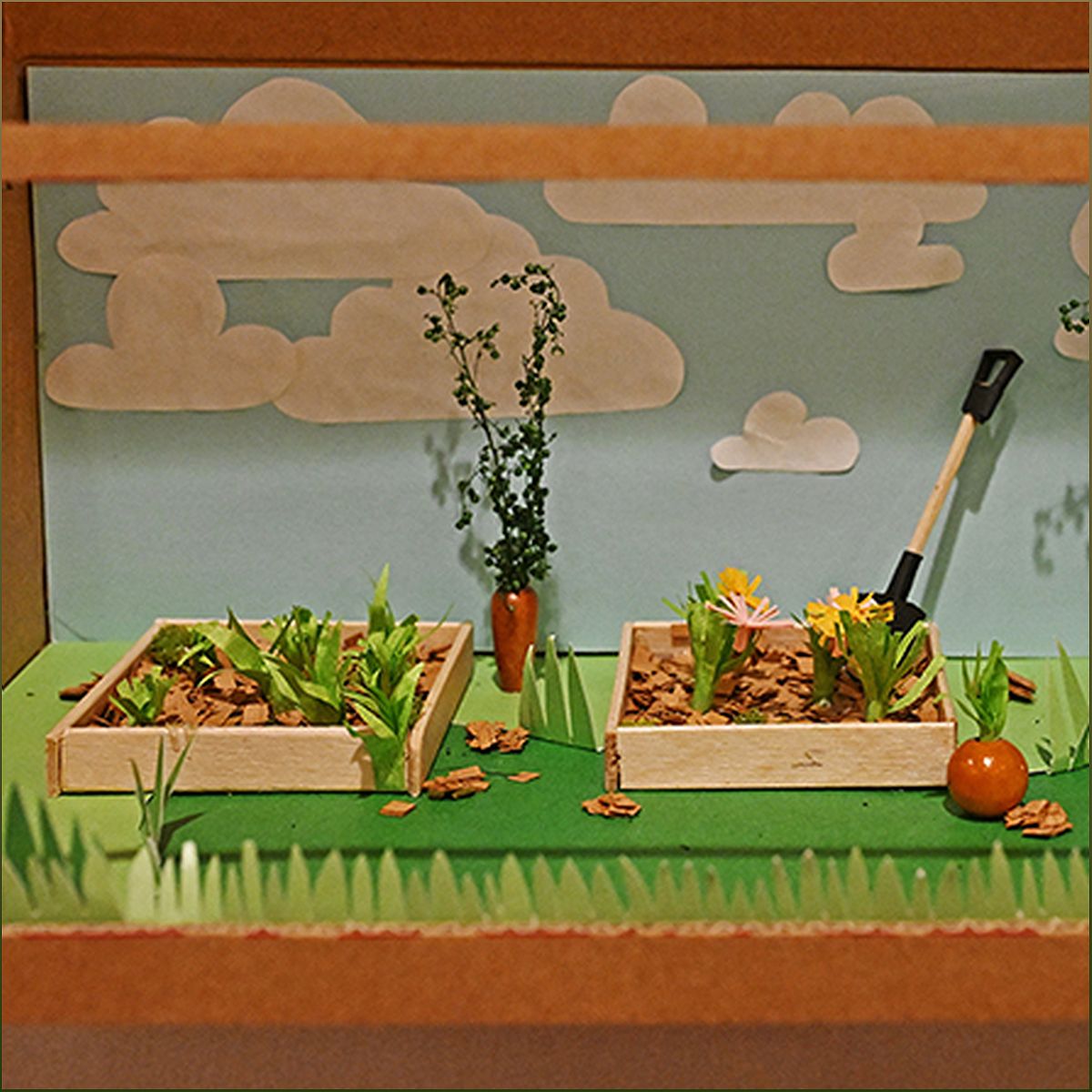Step into a world of cultural exploration and personal narratives at the 'Timeless Ties: The Art of Childhood' exhibition. Held at the Lyman Allyn Art Museum, this captivating display features shoebox-sized dioramas created by students of the 'Psychoanalytic Anthropology in Human Development' seminar. Through these intricate dioramas, students express their indigenous epistemologies, showcasing the significance of cultural artifacts in preserving lived experiences. Join us as we delve into the rich tapestry of stories and explore the ways in which objects can foster a deeper understanding of ourselves and others.
Exploring Indigenous Epistemologies Through Dioramas
Uncover the profound meaning of cultural artifacts and indigenous epistemologies in the dioramas of the 'Timeless Ties: The Art of Childhood' exhibition.
Indigenous epistemologies, defined as the knowledge and understanding of native people, are beautifully expressed through the intricate dioramas showcased in the 'Timeless Ties: The Art of Childhood' exhibition. These cultural artifacts serve as a medium for indigenous communities to articulate their histories, values, and worldviews.
By delving into their personal narratives and ways of interpreting the world, students in the 'Psychoanalytic Anthropology in Human Development' seminar have created dioramas that reflect their own indigenous epistemologies. Each diorama tells a unique story, inviting viewers to engage with different aspects of the artists' personal history and cultural experiences.
The Power of Cultural Artifacts in Expressing Lived Experiences
Discover how cultural artifacts in the dioramas of 'Timeless Ties: The Art of Childhood' exhibit express and preserve the richness of lived experiences within indigenous communities.
Cultural artifacts hold immense significance within indigenous communities, encapsulating narratives, traditions, and collective memories. In the dioramas created by students, these artifacts are deliberately used and arranged to express the complexities and emotions associated with migration, movement, and displacement.
Through vibrant colors, textures, and carefully selected objects, the artists convey their personal experiences and the impact of their cultural heritage. The dioramas serve as a form of cultural revitalization, fostering a deeper understanding of ourselves in relation to others and the world around us.
Journey into Personal Histories Through Dioramas
Embark on a journey through personal histories as students share their narratives and interpretations of the world through the dioramas of 'Timeless Ties: The Art of Childhood' exhibition.
Each diorama in the exhibition offers a glimpse into the artist's personal history and their unique way of seeing the world. From childhood rooms to gardens, these miniature representations symbolize the things they have left behind and the memories they carry with them.
One student, Alina Khan, chose to create a diorama titled 'Apricot Garden' to express the realization that every time she moved, she left something behind. Through her creation, she invites viewers to reflect on the experiences of leaving and the significance of the things we hold dear.
Fostering a Community of Learners Through Alternative Narrative Styles
Discover how the 'Psychoanalytic Anthropology in Human Development' seminar fosters a community of learners who explore knowledge from diverse perspectives and alternative narrative styles.
'Psychoanalytic Anthropology in Human Development' challenges students to embrace non-linear narrative styles and diverse realities. By exploring alternative ways of storytelling, students develop a deeper understanding of the complexities of human development and the diverse experiences that shape our lives.
Through the exhibition of their dioramas, students not only showcase their artistic expressions but also highlight the importance of diverse perspectives and engaged learning within the academic environment of Connecticut College.
The Transformative Experience of the Psychoanalytic Anthropology Seminar
Explore the transformative experience of students participating in the 'Psychoanalytic Anthropology in Human Development' seminar and their journey of self-reflection and personal growth.
The 'Psychoanalytic Anthropology in Human Development' seminar has proven to be a transformative experience for students at Connecticut College. Through the exploration of their personal ways of seeing and experiencing the world, students have honed their self-reflection skills and discovered new perspectives.
By embracing diverse narratives and alternative narrative styles, students have contributed to the rich academic environment of the college, reinforcing the importance of diverse perspectives and engaged learning.

